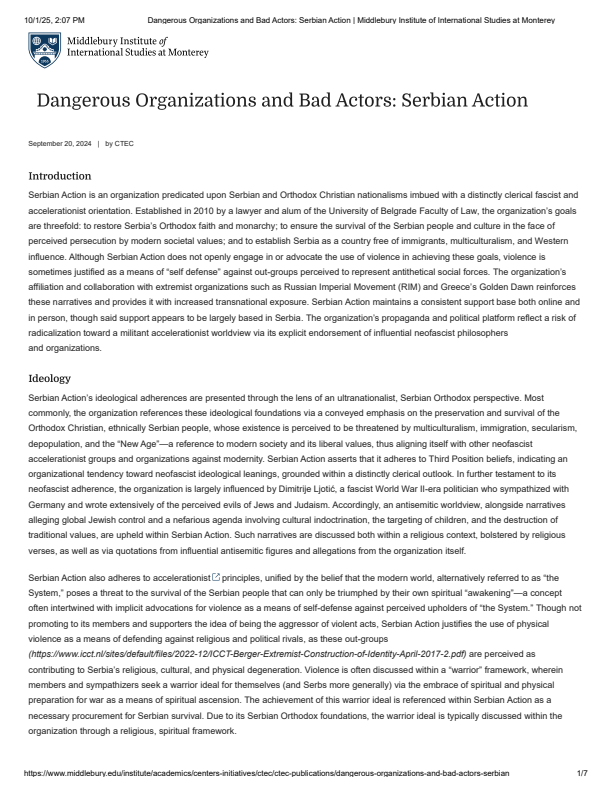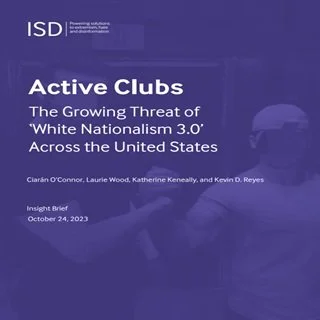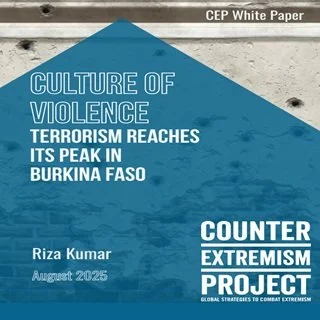By Emily Thompson and Galen Lamphere-Englund
Violent extremist, terrorist, and targeted hate actors have been actively exploiting video games to propagandise, recruit and fundraise for more than 30 years. This report presents an analysis of that history using a unique dataset, the Extremist and Terrorist Games Database (ETGD), developed by the authors. It contains 155 reviewed entries of standalone games, modifications for existing games (mods) and browser‑based games dating from 1982 to 2024. The titles analysed appear across the ideological spectrum: far right (101 titles), jihadist (24), far left (1) and other forms of extremism and targeted hate (29), including school‑massacre ideation (12). They span platforms ranging from simple standalone games for Atari in the 1980s to sophisticated mods for some of today’s most popular games. The number of titles has increased year on year – in line with global conflict and extremist ideological trends, and revealing a continued push by malicious actors to exploit gaming. Meanwhile, the means of distribution have shifted from violent extremist organisations and marketplaces – such as white supremacist, neo‑Nazi and jihadist organisations – to distributed repositories of extremist games hosted on internet archives, Ethereum‑hosted file‑sharing, Telegram and with subtly coded titles on mainstream platforms like Steam. While most of the titles in the ETGD are available for free, several that have been sold (often at symbolic prices like $14.88 or $17.76) appear to have generated revenue for groups ranging from Hezbollah to the National Alliance, an American neo‑Nazi group. Through new analysis of Steam data, we also show that a small number of extremist and targeted hate titles have generated almost an estimated $600,000 in revenue for small publishers on the platform. Far from being a comprehensive analysis of the ETGD, we intend this preliminary launch report to form a basis for future research of the dataset and a framework for continued contributions to the ETGD from Extremism and Gaming Research Network (EGRN) members. Above all, we seek to contribute to sensible policymaking to prevent violent extremism that situates games as part of a wider contested and exploited information space, which deserves far more attention from those working towards peaceful ends.
Complete recommendations are provided in the conclusion section of this report, but include the following: 1. Prohibit and prevent violent extremist exploitation: Gaming platforms should explicitly prohibit violent extremist and terrorist behaviours and content. Leadership exists here from Twitch, Discord, Microsoft/Xbox and the affiliated Activision‑Blizzard. a. Audio and video platforms, such as Spotify, Apple Music and YouTube should seek to identify extremist gaming content currently available under misleading titles and tags. b. Flag and remove extremist titles across platforms: Hashing and preventing outlinking to ETGD games and links should be a priority across platforms. 2. Improve reporting mechanisms: Platforms must improve reporting mechanisms to make it easier for players to report violative content found in games and in‑game conduct. 3. Understand and take down distributed repositories: Larger repositories of extremist gaming content readily available on the surface web accelerate user exposure. 4. Collaborate across sectors: Addressing the spread of extremist games requires a collaborative effort between tech companies, government agencies and civil society organisations. 5. Educate across sectors: Programmes supporting educators and frontline community moderators should be developed. 6. Support research and innovation: Including cross‑sector initiatives like the Global Network on Extremism and Technology (GNET) and EGRN, which produced this database. 7. Enhance regulatory frameworks: Governments should update regulatory frameworks applying to digital platforms, recognising the nuances of gaming platforms and complying with human rights. 8. Encourage positive community engagement: Thoughtful, well designed community guidelines, moderation policies and reporting mechanisms can support community‑building.
London: The Global Network on Extremism and Technology (GNET). 2024. 40p.







